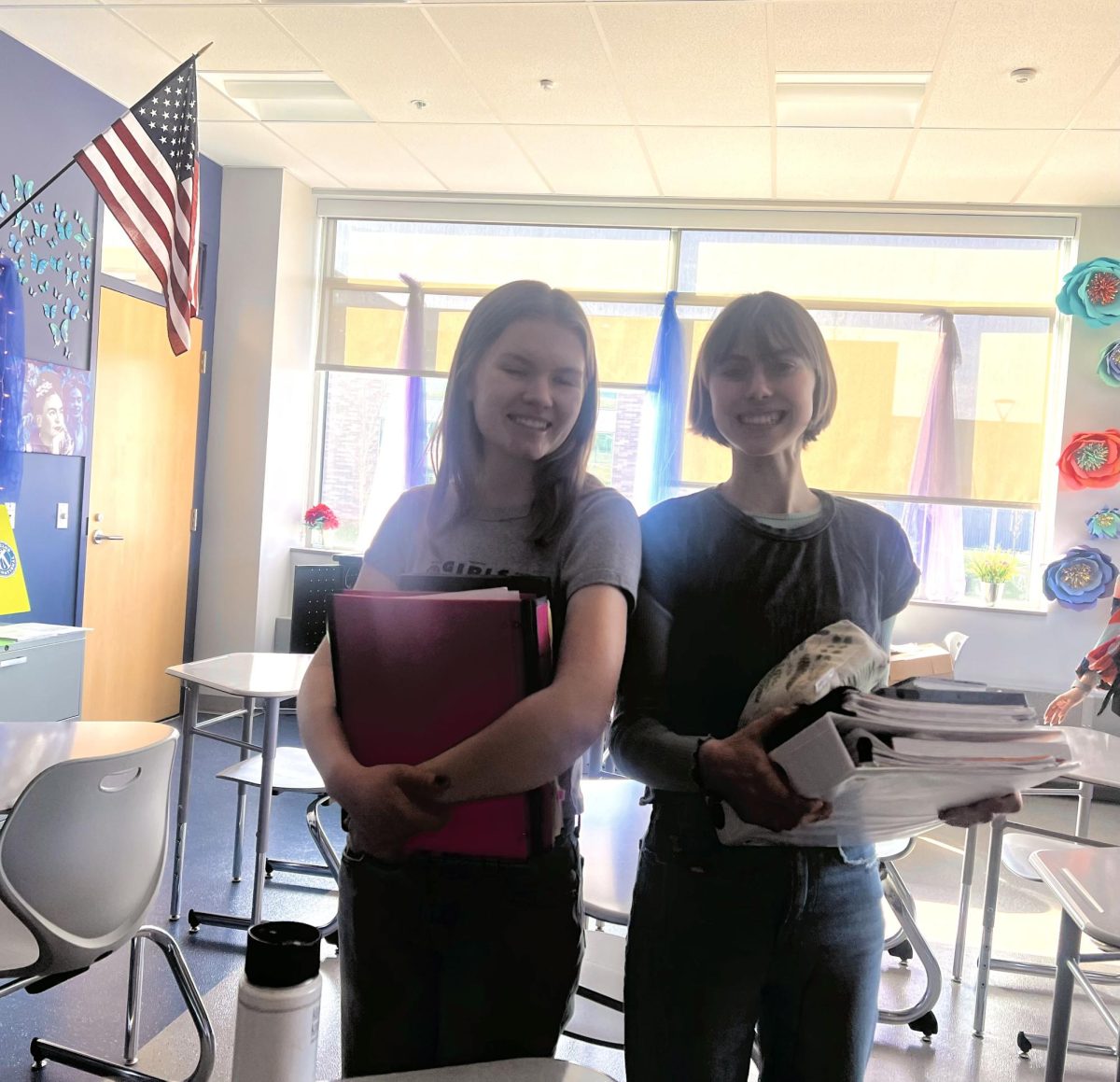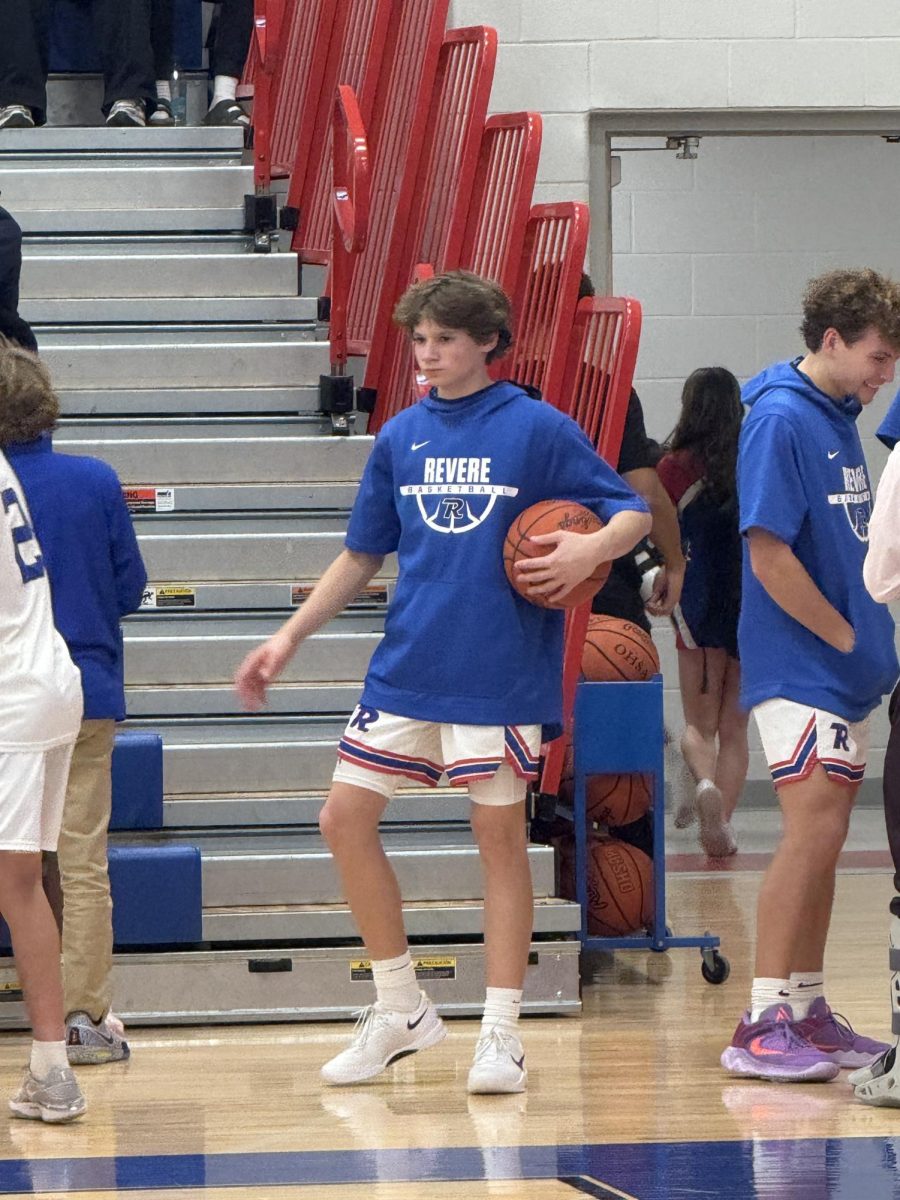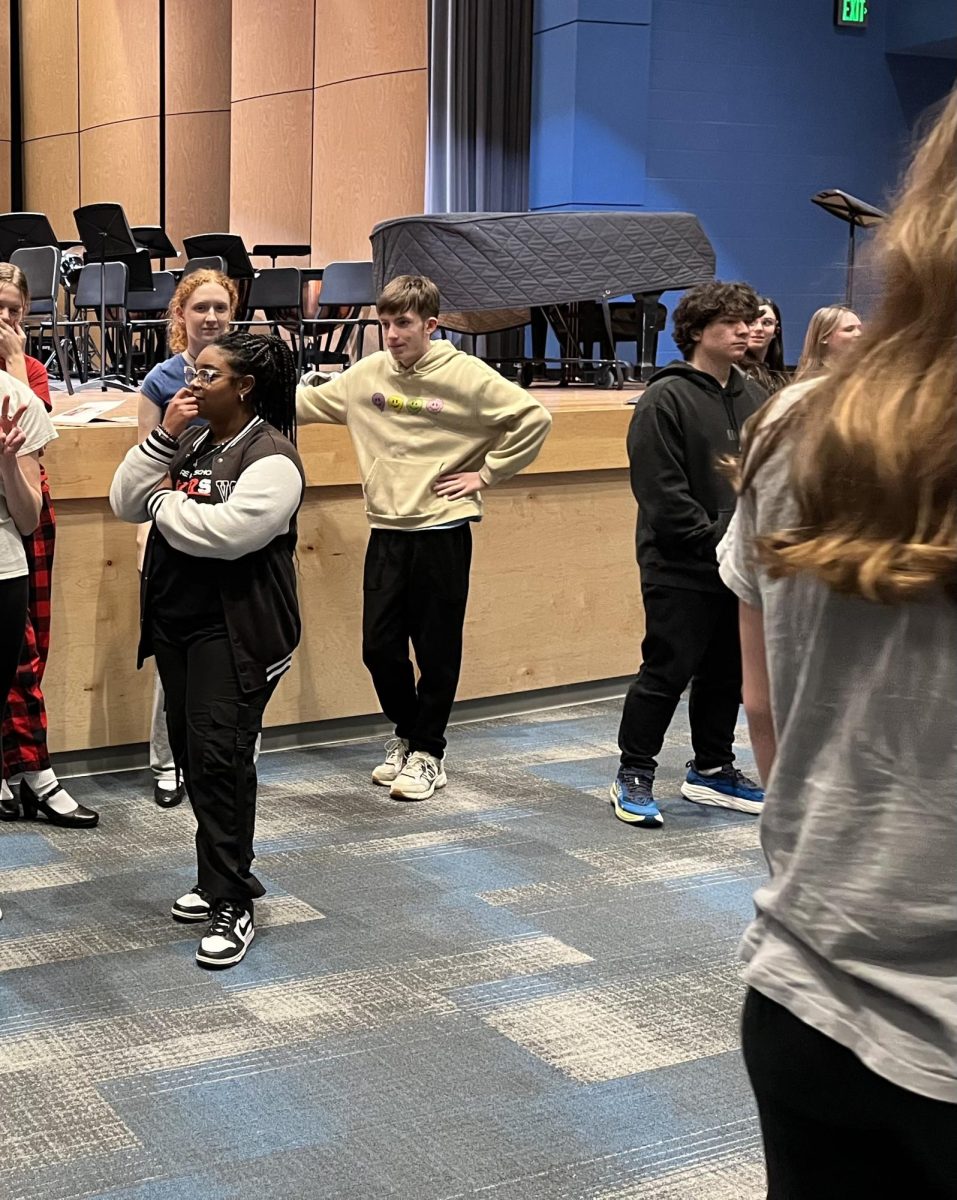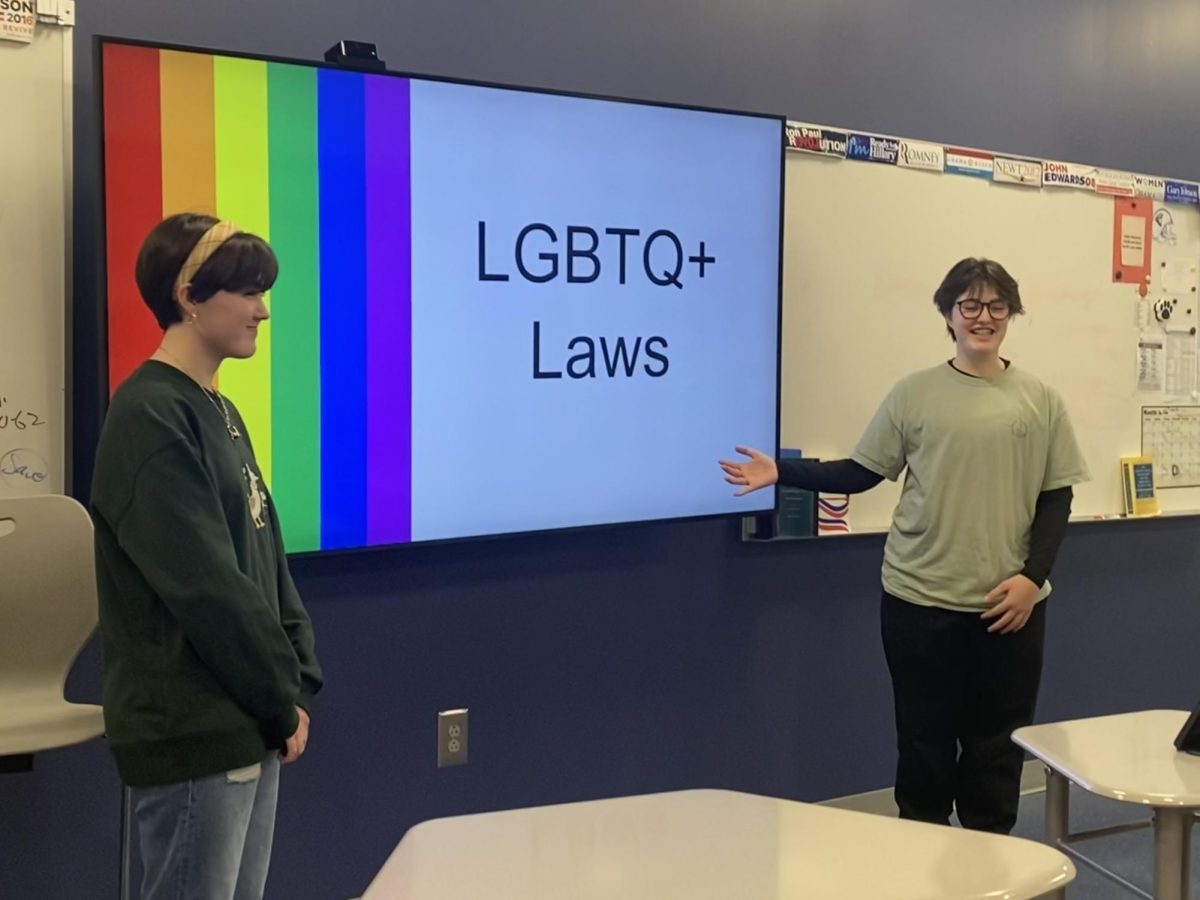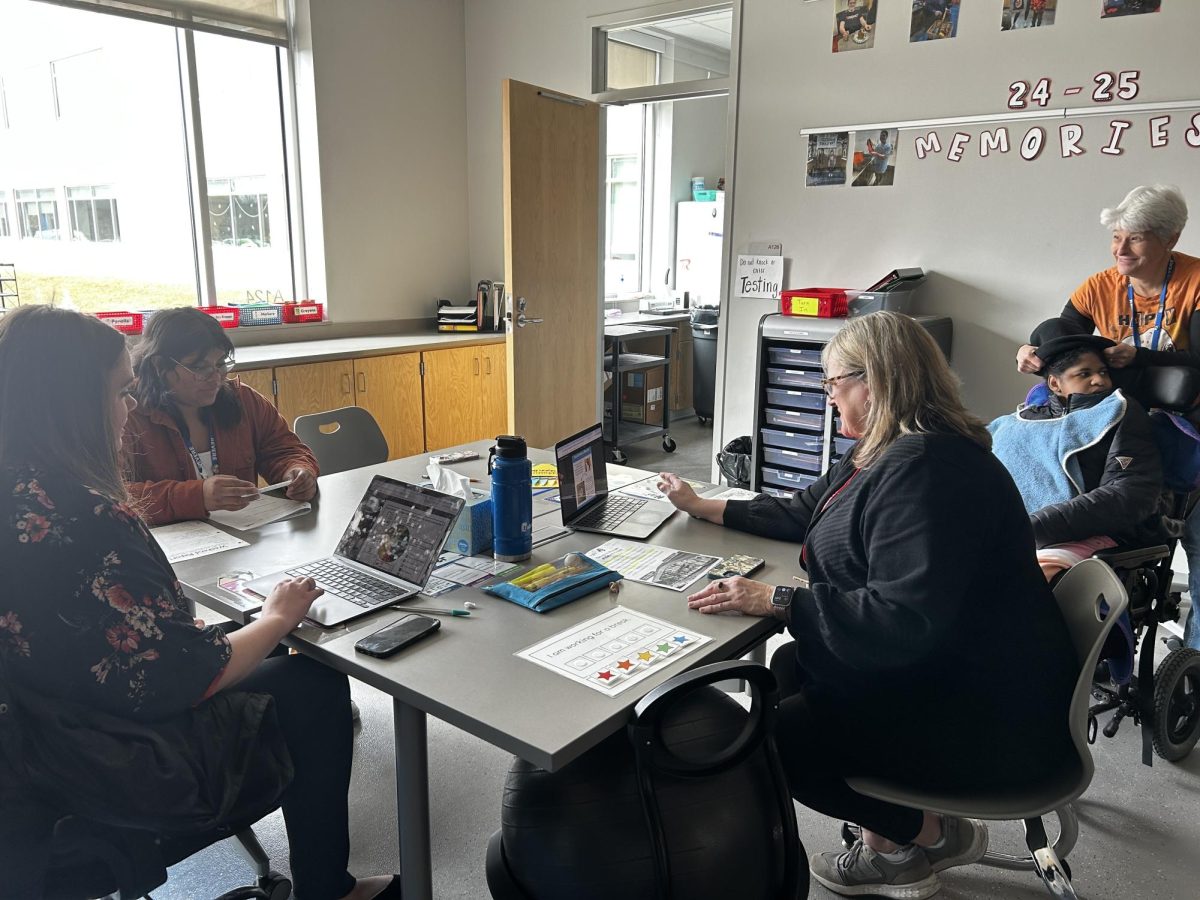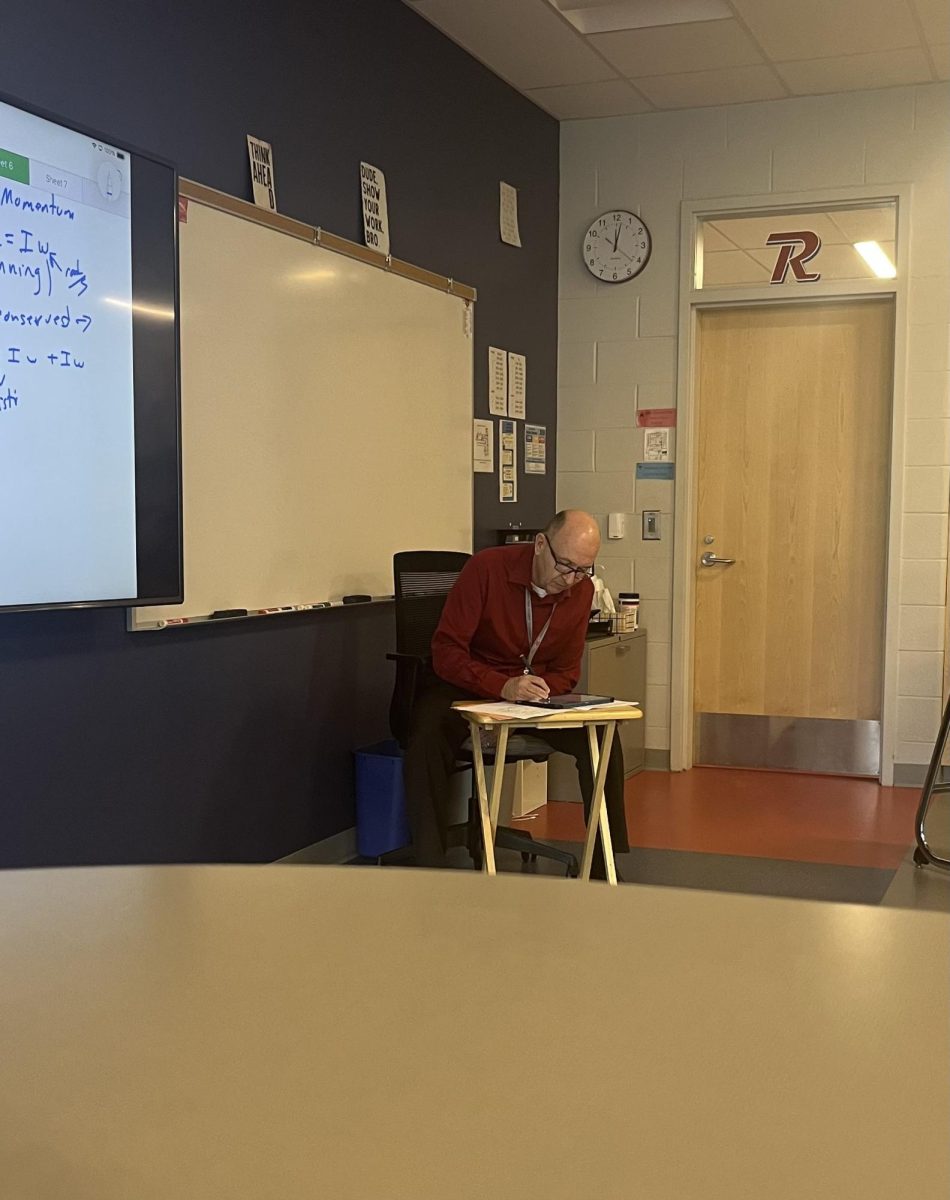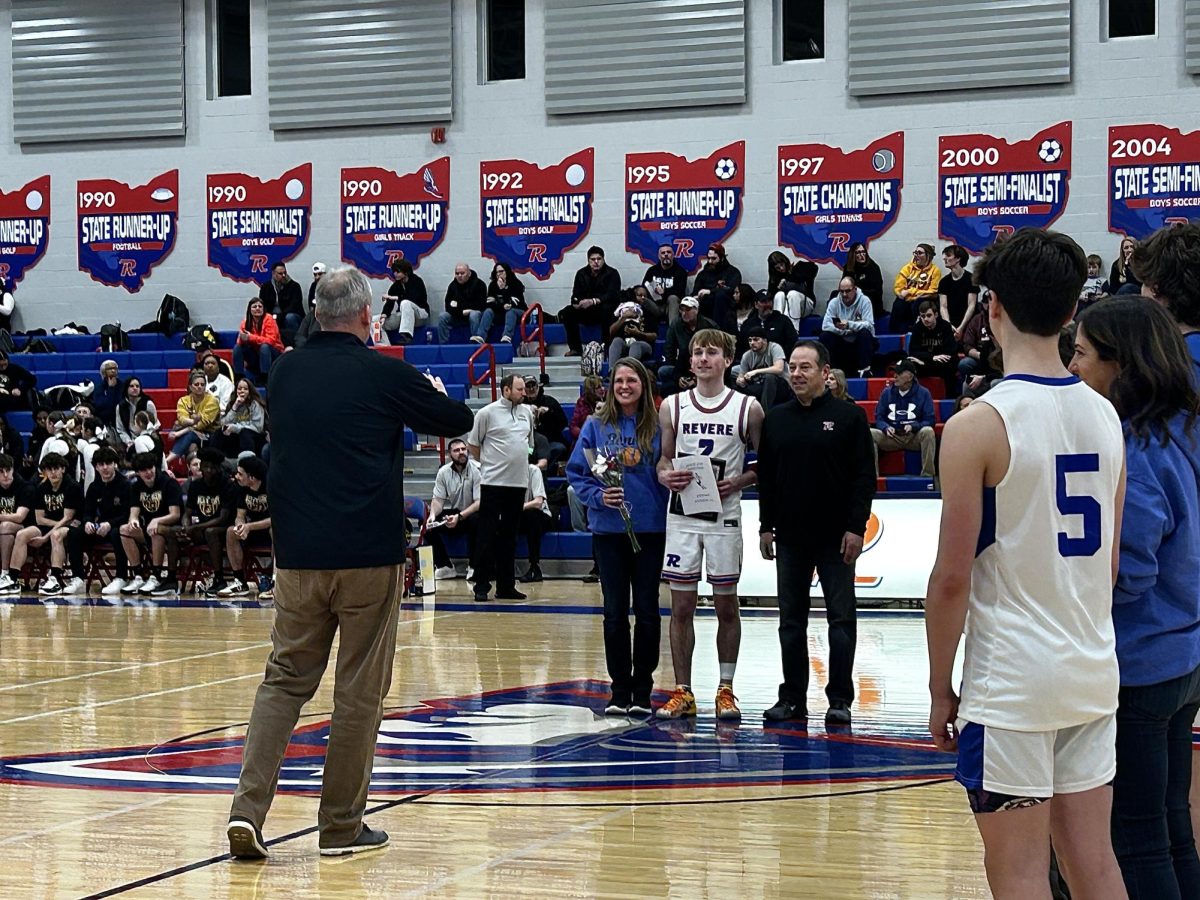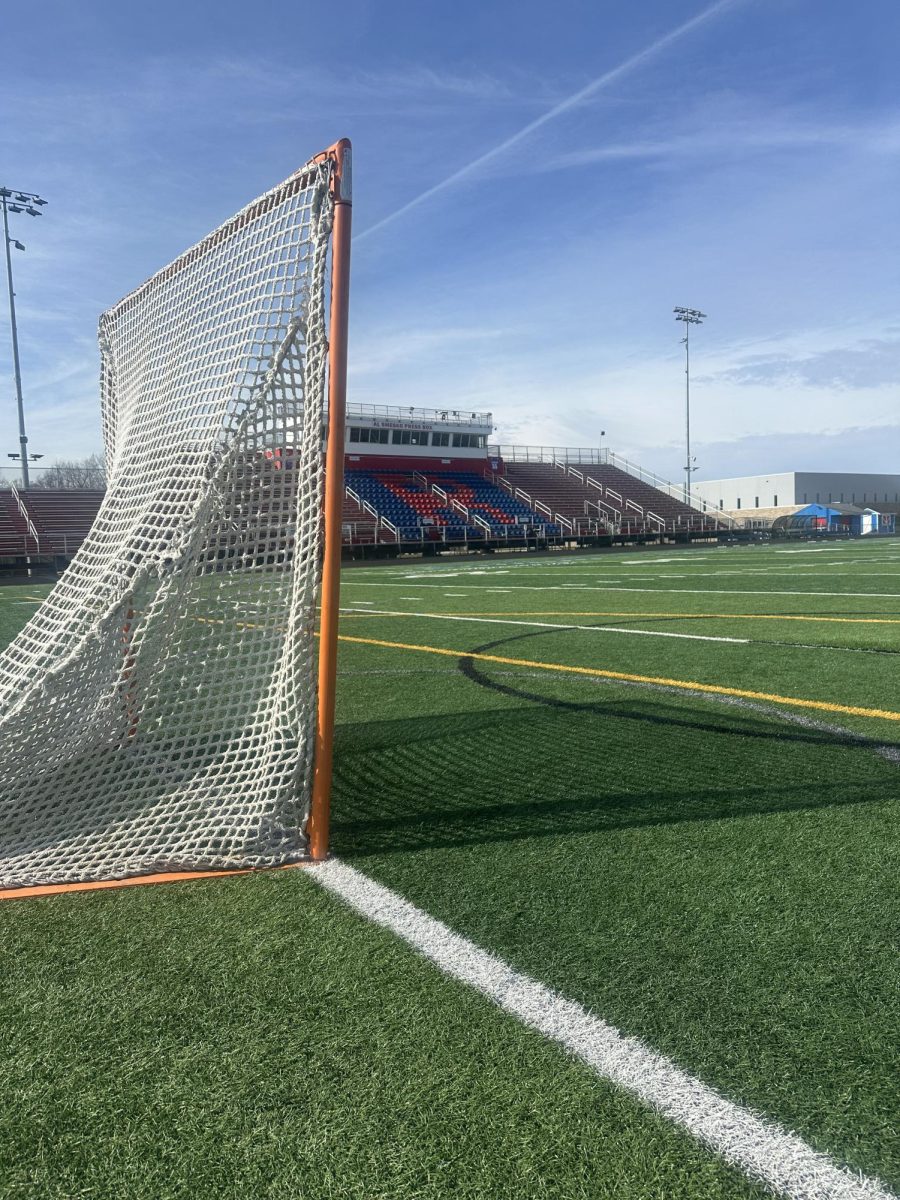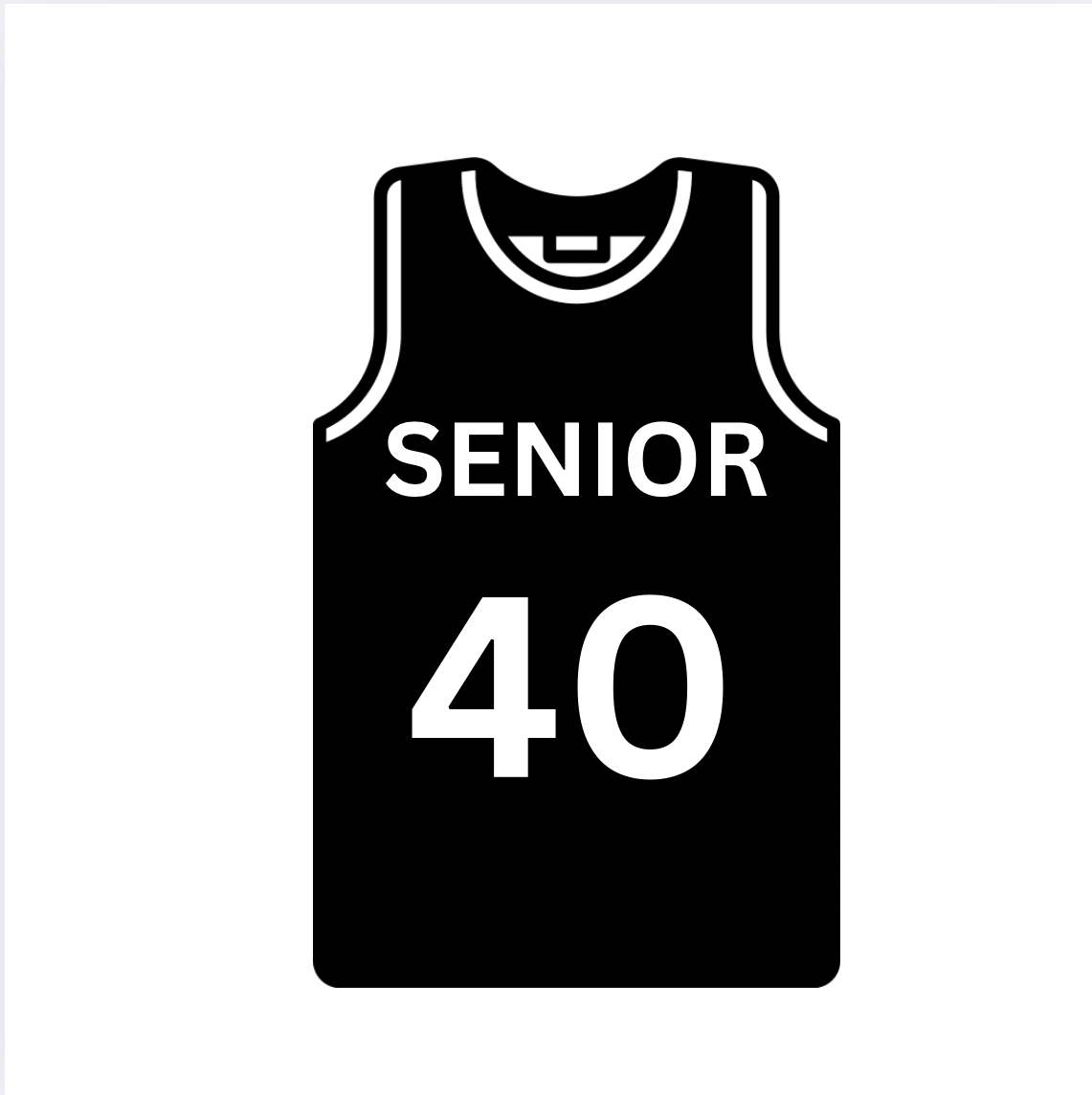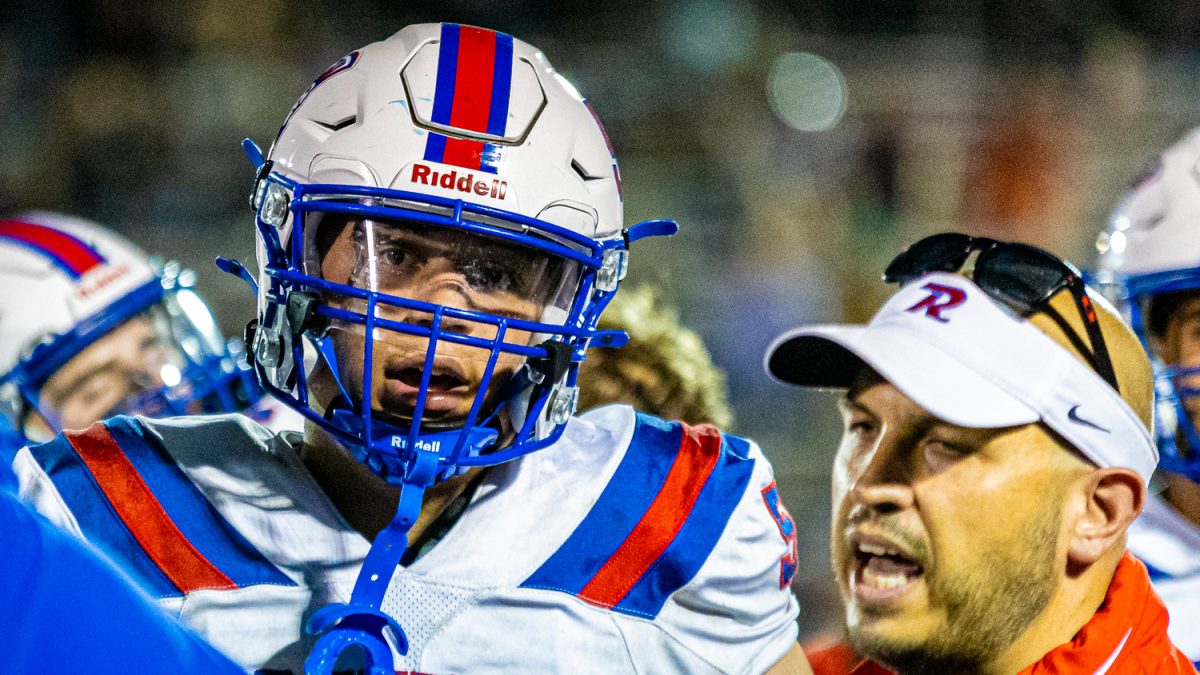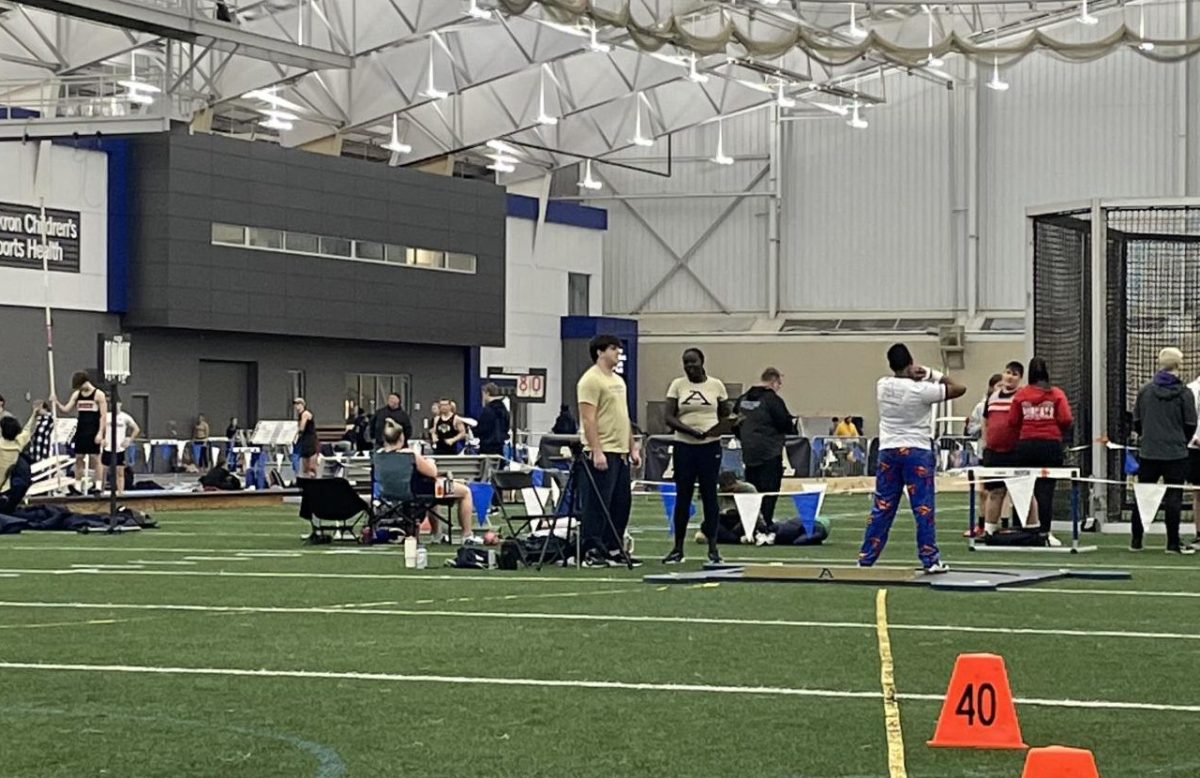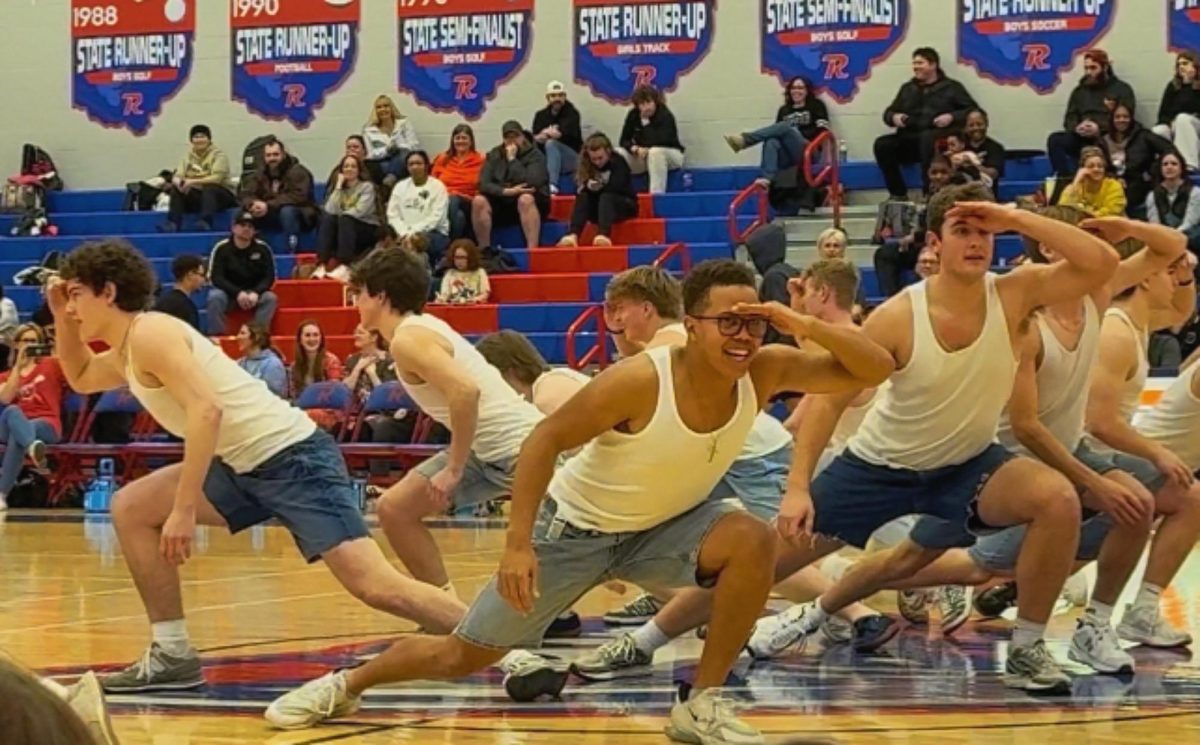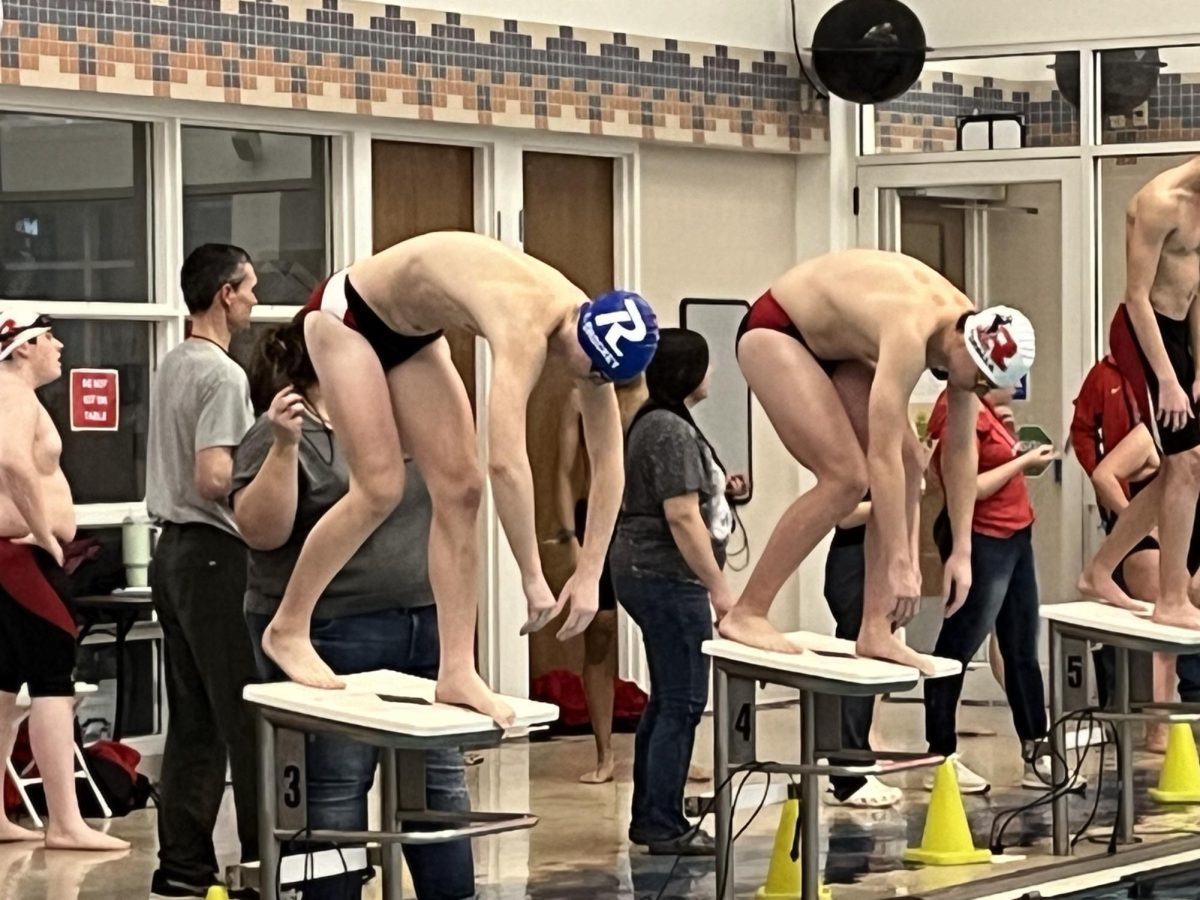At the age of 4, Emerson Padgett got her first pony. It was very small, just like her at the time. One day, on account of the wonders of a four-year-old’s mind, she decided to “go rogue.”
“[I decided to] take him, throw on the helmet and just start riding him. And I felt like I was galloping through the fields; I was probably barely walking,” Padgett said.
Together they rode onto a field, but quickly the pony turned on Padgett and threw her into the air. Luckily this lack of luck was short-lived.
“He got scared of something and I did a backflip off of him. And then he ran back to our house and I was just left stranded in the field. So I just like walked home, like a walk of shame,” Padgett said.
After years and years of working with coaches and horses, she finally realized what was missing that one day she was thrown off her little pony, and has had many triumphs since.
One can often link passions to an intense childhood memory. For some, this may bring back horrors from the past. For others, it is the kind of story one tells ironically to a fun crowd. Emerson Padgett’s passion for horseback riding began at a very young age with a very small pony. This passion has grown over the years and today has become something that allows Padgett to bring home trophies and awards for her equestrian skills.
This summer, Padgett competed in an intense horse riding competition that left her astonished from start to finish. The preparation for the event was rigorous and took much dedication from her, especially considering it happened to be in the middle of summer.
“You had to qualify to go there, so I went to all events to qualify for [the competition]. And that was just a lot of practice, like working through nerves of showing and stuff like that. . . . Everything I did the whole summer was in preparation for that; it was the main goal,” Padgett said.
To be a good equestrian, one must have a good horse. Padgett got the horse that she currently works with over a year ago, and they competed together for the first time this past summer. Her fear of walking into the competition with a new horse was bewildering.
“I thought I was gonna puke my guts out. I didn’t eat anything all day, which was not very smart,” Padgett said.
The competition follows a series of phases to determine the skill and ability of each rider, eventually leading to one singular winner. The first phase is called dressage, in which there is a pattern that must be ridden in a ring with one or two judges watching and scoring from one to ten.
“You get scored on like how accurate you are, but also how good your horse looks and if they’re moving well. . . . You want as low of a score as you can get,” Padgett said.
The next two phases are jumping phases, in which anything knocked down, or a movement done too quickly or slowly will add to the score from the first phase.
“Basically, it’s like golf. You want the lowest score,” Padgett said.
There is a lot more to competing, however, than what the judges see. The preparation and time that goes into each and every competition is often what breeds a winner, not just the natural talent of the horse and rider.
“I was hoping [I would win], but I didn’t really think [I] would because it’s kind of a crazy goal to have. So before I was just kind of hoping to do my best and see how it played out during the competition. Well right before I was so nervous I thought I was going to throw up. It was horrible,” Padgett said.
Oftentimes, the parents of athletes go through as much as the athletes themselves do, whether during preparation or the event itself. Padgett’s mother, Wendy Padgett, considers the time that the sport requires to be one of the most difficult parts.
“Multiple hours every day for care and training, and days to weeks of competing during the summer season. We have had many memorable moments together at competitions, including late nights and early mornings, to celebrating wins,” Wendy Padgett said.
The sport does create a strong sense of community, as it requires a strong partnership amongst coaches, riders, competitors and horses alike. Horse riding is a shared responsibility between the horse and the rider; they must support each other and work together to ensure each other’s safety.
“The sport definitely creates a wonderful sense of community among friends and competitors. The responsibility and dedication that it requires is a skill that will help her throughout her entire life; however, most of all, I love the partnership with the horse that it requires,” Wendy Padgett said.
Madeline Binder, Padgett’s close friend and fellow equestrian, proves the sense of community that comes with this sport. They met through an organization called Bath Pony Club. Both have ridden horses for most of their lives and plan to continue this passion throughout college and further.
“We used to have pretty different riding programs, but we started training and competing together over the summer, which has been a lot of fun. I love competing together; competing in events is my favorite thing, so it’s great to share the experience with my best friend,” Binder said
There are countless lessons to be learned from any experience. A lifelong learning journey does, however, come with some specific values that it teaches.
“Responsibility and compassion would be the traits that I value the most, but there are so many countless amazing values to be learned,” Wendy Padgett said.
Padgett reinforced this by saying how responsibility is extremely important, especially when dealing with such a large animal.
“It’s taught me a lot of patience and trust and humility because it is such a partnership and you can’t expect it to be perfect all the time. And it’s not like even even if you want it to go well there’s sometimes you’re not always on the same page. So it’s a lot of give and take type of thing,” Padgett said.
Passions are ever growing; they are strengthened by constant practice and thought. But, like anything too long forgotten, they can fade away. Padgett’s best piece of advice for her fellow students is this:
“Just do what you enjoy.”


